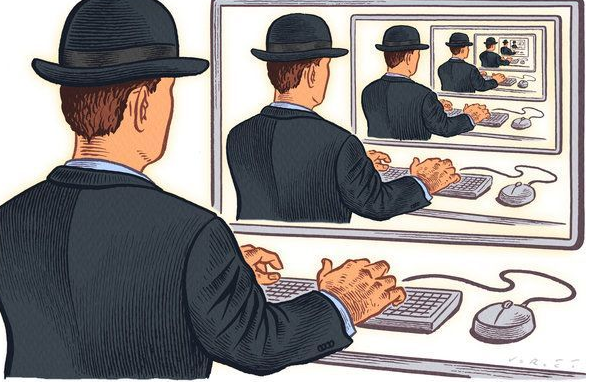We had lots of journalism-class discussions about echo chambers, filter bubbles, confirmation bias, hyperpartisan sites and fake news this semester. It has been an interesting end to the year.
In all of the above, the finger is being pointed at social media. The sites spewing all those fake articles about Pope Francis endorsing Donald Trump and Hillary Clinton selling weapons to ISIS all completely depend on Facebook to keep them alive and making money. Sadly, BuzzFeed reported that the top fake election news stories had more engagement on Facebook than top election stories from 19 major news outlets combined.
Which makes a report released by the Stanford History Education Group a few weeks ago even more worrying. The study found that young Americans do not critically evaluate online information
Stanford University researchers asked middle to university-level students in 12 US states and from schools of varying resource levels to complete 56 tasks involving online information.
The researchers evaluated nearly 8,000 responses and found the following:
- More than 80% of students didn’t know what “sponsored content” meant and thought native ads were news articles.
- More than 80% did not question the source of photos and took the captions at face value
- More than 75% did not question the political agendas of organizations providing statistics on twitter

